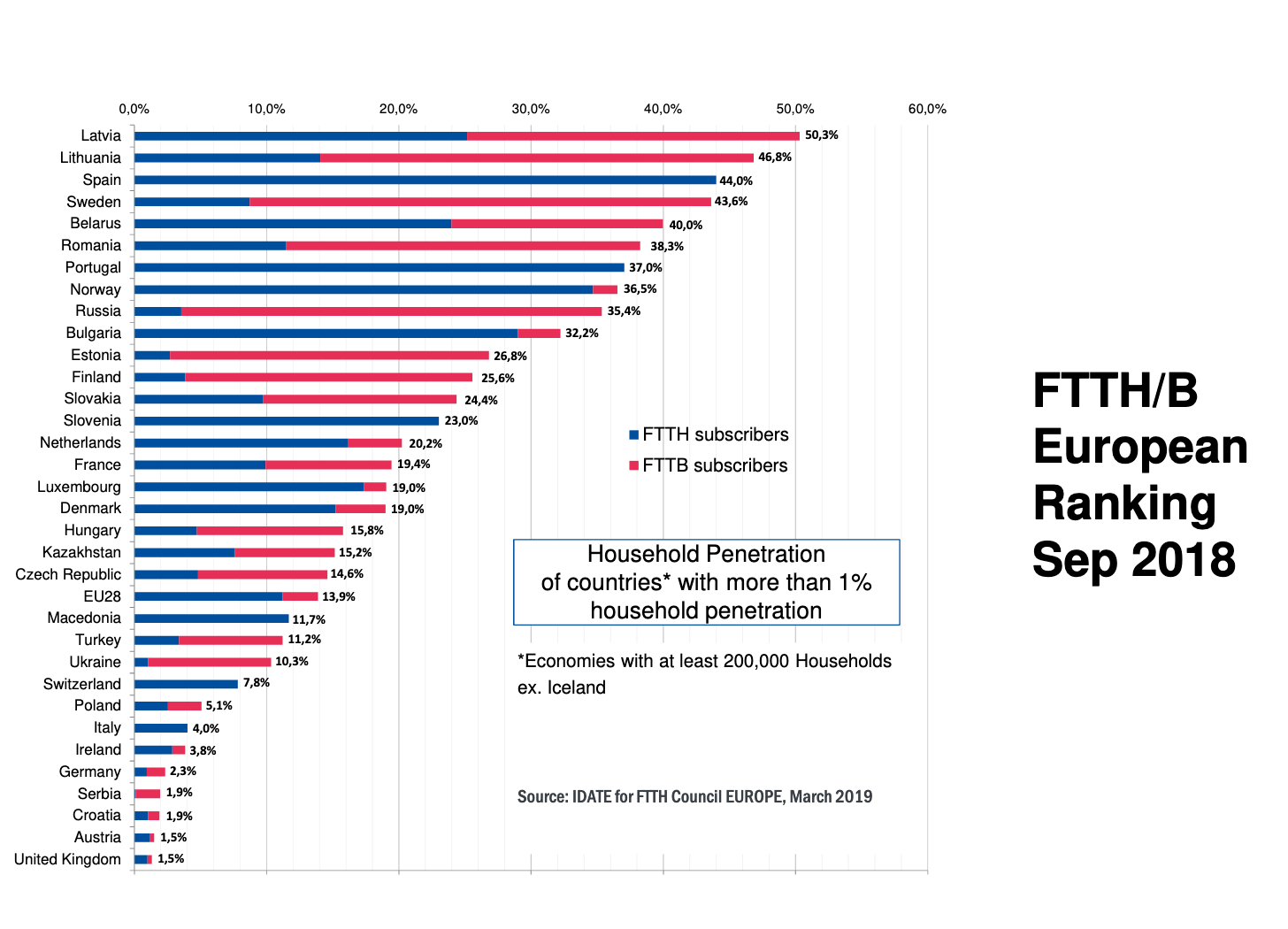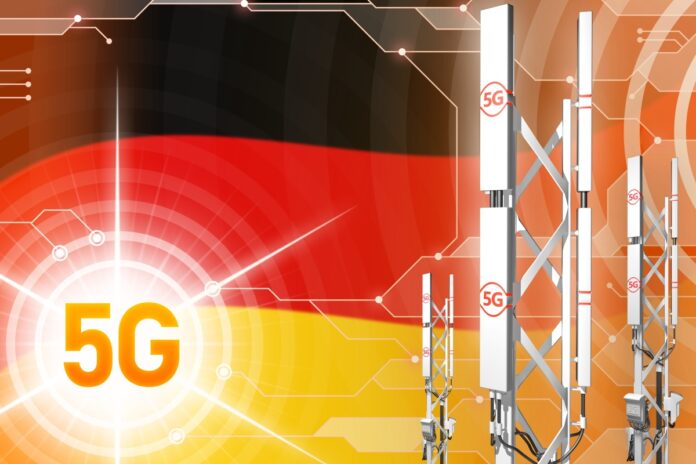Their attempt to change the conditions laid out in Germany’s spectrum auction was dismissed by an administrative court in Cologne, but the fight isn’t over yet.
The operators had argued that the licensing terms for the spectrum to be auction were too onerous, but the auction will now go ahead on 19 March, on schedule.
The terms set by the regulator, the Bundesnetzagentur (BNetzA), include an obligation to provide 98% of all households with internet speeds of at least 100Mbps by 2022. Auction winners must provide the same level of service along all of Germany’s motorways, principal road and the rail tracks.
Bone of contention
Another bone of contention is that winners will have to share their network with competitors as part of a “national roaming” scheme, although they will be paid for it.
The court decided that these and other licence conditions were “not unjustified”, and it was in the regulator’s remit to include them in the auction. The court also said that a swift auction is in the public interest.
Telefónica Deutschland was reported by the Financial Times [subscription needed] saying that the court’s decision was only an interim judgment and that the operators’ claim could still be upheld after the auction, making the process invalid. The company said that would be more damaging than a delay at the start of the process to revisit the rules of engagement.
Intense political scrutiny
The German 5G auction has been subjected to intense political scrutiny, as the government is looking to them to raise substantial funding. Also, there has been much criticism of the sector for lagging behind most of the rest of Europe in terms of its digital communications infrastructure. The government hopes 5G will catapult it forward.
The IDATE figures released by the FTTH Council Europe last week (see graph below) showed Germany fifth from the bottom of the ranking.

5G is seen as being critical to the competitiveness of German business and industry, and the economy at large as it will support many IoT applications, including connected and autonomous vehicles.
Along with many other countries, Germany has been engulfed in the row over Huawei’s trustworthiness, and has come under immense pressure from the US to bar it from Germany’s 5G infrastructure.



